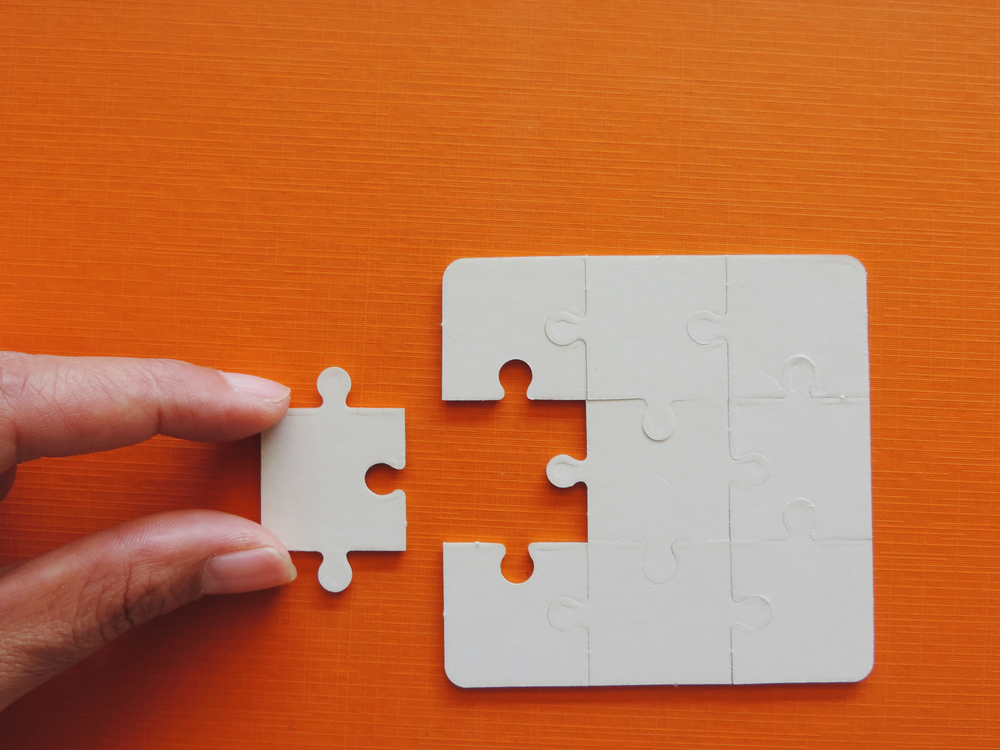There’s a popular theory that willpower is like a muscle. The more you use it, the stronger it becomes. But like any other muscle, if you use willpower too often without any rest or recovery in between, eventually it fatigues and gives out — you eat the chips, skip the meditation, and check your notifications for the umpteenth time. The problem that we all face living in the modern world is that it can feel like one constant exercise in flexing our willpower muscles. Our apps and social feeds are designed to keep us scrolling, and we’re marketed a nonstop barrage of junk food and junk content. Constantly resisting these temptations is tiring; studies show it leads to lower performance on both physical and mental tasks.
One option to improve performance is to focus on strengthening your willpower. There’s some evidence that meditation may help with this. Other research shows that regular exercise is also conducive to building willpower. If you’re working out hard, then the training session itself becomes one big exercise in resisting the urge to quit. But even so, meditation and exercise are rarely enough.
An equally powerful route to dealing with the willpower challenge is to eliminate the need for willpower altogether, to admit that you’re never going to have enough of it to live the kind of life you want to live. Or at the very least, to admit that exerting willpower all the time is no fun and detracts from what you’re actually trying to do. One of my favorite studies in my book Peak Performanceshows that even when we don’t check our phones during a face-to-face conversation, merely having a phone present — say, on silent mode, sitting facedown on the table — detracts from the quality of the conversation. Researchers speculate this is because we are using so much energy (energy that could be used to be fully present in the conversation) to resist the urge to check our phones. I’ve certainly had this experience.
Perhaps a better option than always relying on willpower is to consciously design our environments to remove the temptations that regularly get in the way of us living our best lives. A few common examples:
- If you struggle with eating unhealthy foods, then keep them out of the house in the first place. And if you struggle not to buy unhealthy foods, then don’t grocery shop when you’re hungry.
- If you want to be more present with your family in the evenings, turn off your phone and computer and store them in a far corner of your house. Better yet, leave them in the garage.
- If you want to do deep-focused work, consider going to a coffee shop without wireless (and leave your phone at home).
- If you want to get to the gym early in the morning, prepack your gym bag and work clothes, so all you need to do is wake up and go.
- If you’re having a hard timing concentrating enough to read a book, make sure you’re reading in a room without a television, computer, or other digital devices.
- If falling asleep is difficult because your mind is prone to racing, keep your phone, iPad, and laptop out of your bedroom, at least at night.
- And a personal favorite that has been hugely beneficial in my own life: if you’re always checking your phone, take everything off it but the essentials. For me this means maps, voice calls, and text messaging. That’s right, I took social media, the internet, and e-mail off my phone — and I’ve yet to regret it one bit. (For more on this strategy, see an outstanding new book called Digital Minimalism by Cal Newport.)
The basic gist is to reflect on the behaviors that you want or don’t want to do and then set up the conditions conducive to those outcomes. Identify the obstacles that get in your way — the stuff that taxes your willpower — and eliminate them altogether. This can be hard to do at first because, as I’ve written before, so many of the things that tempt us are like candy — they’re addicting in the short term but make us feel not so great in the long term. But once you get used to a life without candy everywhere around you, you tend to realize it’s actually a much better life.
Brad Stulberg (@Bstulberg) is a performance and wellbeing coach and writes Outside’s Do It Better column. He is also bestselling author of the books The Passion Paradoxand Peak Performance. Subscribe to his newsletter here.
Originally published on Outside.
Follow us here and subscribe here for all the latest news on how you can keep Thriving.
Stay up to date or catch-up on all our podcasts with Arianna Huffington here.


